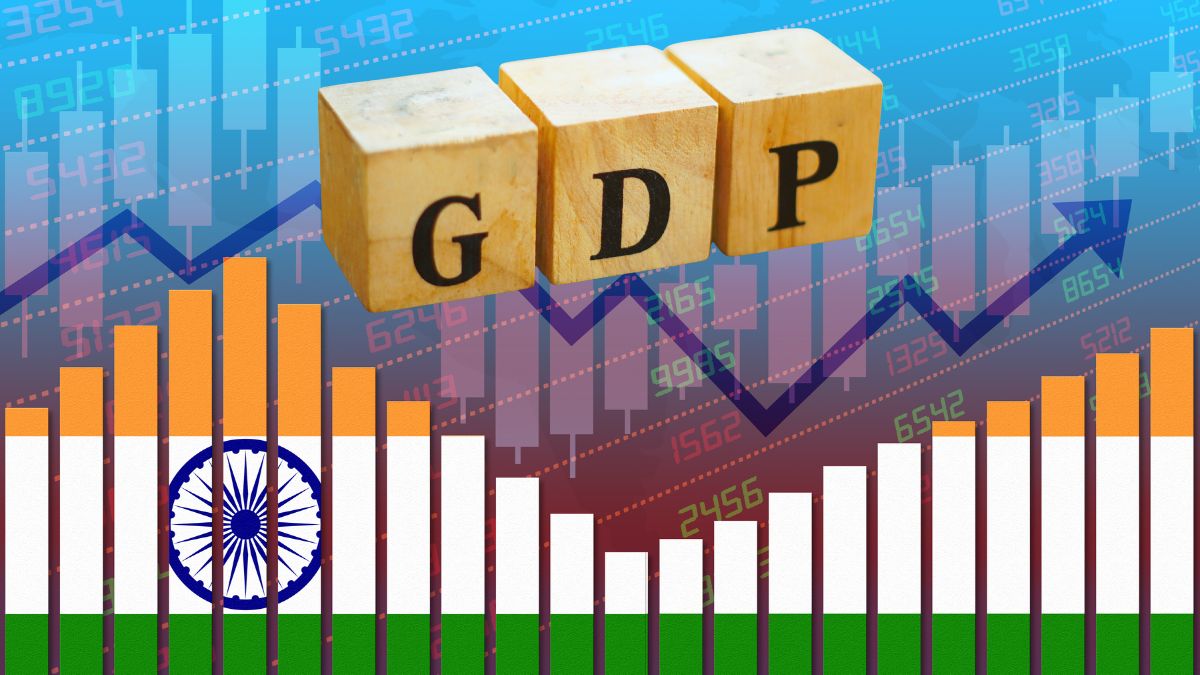That kidney disease also affects the heart is not well known, but doctors are now asking for redefining cardiovascular diseases to include kidney disorders. On how much more are people with kidney diseases at risk for cardiovascular diseases, especially in India, Dr Sanjiv Jasuja, senior consultant, nephrology, Indraprastha Apollo Hospitals, says, “Many people are unaware that kidney disease can significantly impact the heart, prompting healthcare professionals to advocate for a reevaluation of cardiovascular disease definitions to encompass kidney disorders. This linkage is of particular concern in India, where the prevalence of both kidney disease and cardiovascular conditions is high. Individuals with kidney diseases face a heightened risk of cardiovascular diseases due to several interconnected factors.
Kidneys play a vital role in regulating blood pressure and filtering waste from the blood. When kidney function deteriorates, blood pressure can rise, leading to hypertension, a risk factor for heart disease.
Kidney disease is often associated with diabetes, another potent contributor to heart ailments. In India, the prevalence of chronic kidney disease (CKD) is on the rise, with an estimated 17% of the population affected by it. This is compounded by the country’s burgeoning heart disease burden. With both conditions closely intertwined, the risk of cardiovascular complications among kidney patients is elevated.
Therefore, redefining cardiovascular diseases to encompass kidney disorders is crucial, as it will lead to more comprehensive care strategies and heightened awareness. By acknowledging this intricate relationship and taking proactive steps, the healthcare system can better address the needs of those affected by kidney diseases and reduce the burden of cardiovascular diseases in the country.
Should people with kidney disease undergo special screening for heart disease as well?
People with kidney disease should indeed undergo special screening for heart disease. Kidney disease and heart disease often go hand in hand, and there is a strong interconnection between the two. Chronic kidney disease (CKD) is a significant risk factor for cardiovascular issues, as it can lead to high blood pressure, fluid retention, and electrolyte imbalances, all of which strain the heart. Specialised screening can help detect heart-related problems in individuals with kidney disease at an early stage, allowing for timely intervention and risk management. These screenings typically include assessments for blood pressure, cholesterol levels, electrocardiograms (ECGs), and echocardiograms. By identifying and addressing heart issues promptly, healthcare providers can implement strategies to mitigate the risk of heart disease complications, such as heart attacks and congestive heart failure.
Furthermore, lifestyle modifications and medications can be tailored to address both kidney and heart health, promoting better overall well-being. Early detection and intervention are essential because heart disease is a leading cause of mortality in individuals with kidney disease. Regular screenings should be an integral part of the care plan for anyone with kidney disease, ultimately improving their quality of life and reducing the risk of cardiovascular events.
What are the signs and symptoms that people with cardiovascular diseases and kidney diseases be on the lookout for?
People with both cardiovascular diseases and kidney diseases should be vigilant for a range of signs and symptoms, as these conditions often coexist and can exacerbate each other. It’s essential to recognise the following warning signs:
- Hypertension
- Fluid retention
- Shortness of breath
- Fatigue
- Chest pain
- Irregular heartbeat
- Decreased urination
- Edema
- High blood sugar
- Nausea and Vomiting
Can we say definitely that people with kidney disease will also develop cardiovascular diseases?
It cannot be definitively stated that all individuals with kidney diseases will also develop cardiovascular diseases, but there is a strong and well-established association between kidney diseases and cardiovascular issues. Kidney diseases, particularly chronic kidney disease (CKD), often coexist with cardiovascular conditions. Several factors contribute to this link:
Cardiovascular strain: When kidney function declines, it can lead to an increase in blood pressure and fluid retention, both of which strain the heart and blood vessels, raising the risk of cardiovascular events.
Inflammatory processes: Kidney disease is associated with chronic inflammation, which can promote atherosclerosis (the buildup of plaque in arteries) and increase the risk of heart disease.
Uremic toxins: Accumulation of uremic toxins in kidney disease can contribute to endothelial dysfunction, atherosclerosis, and other cardiovascular complications.







